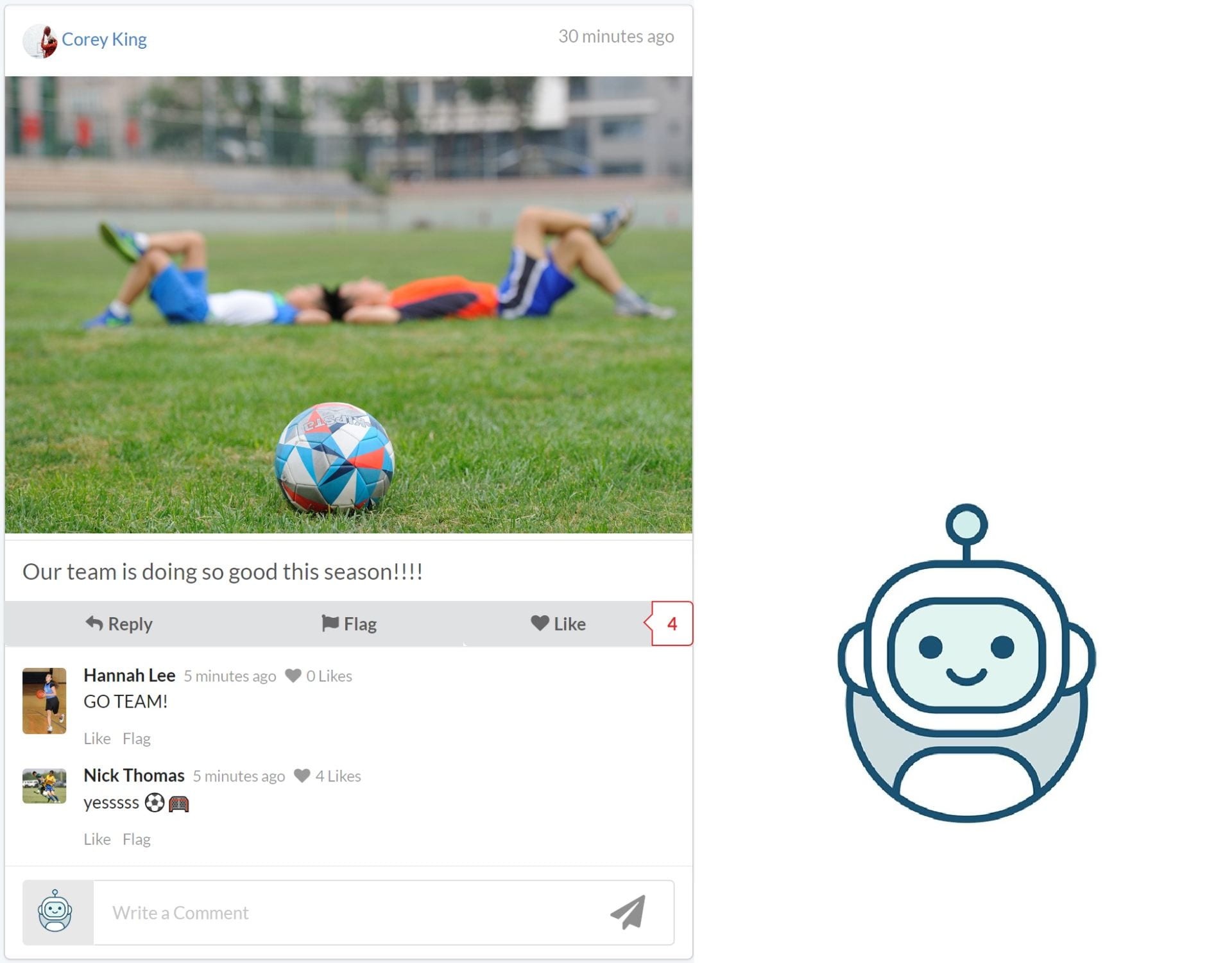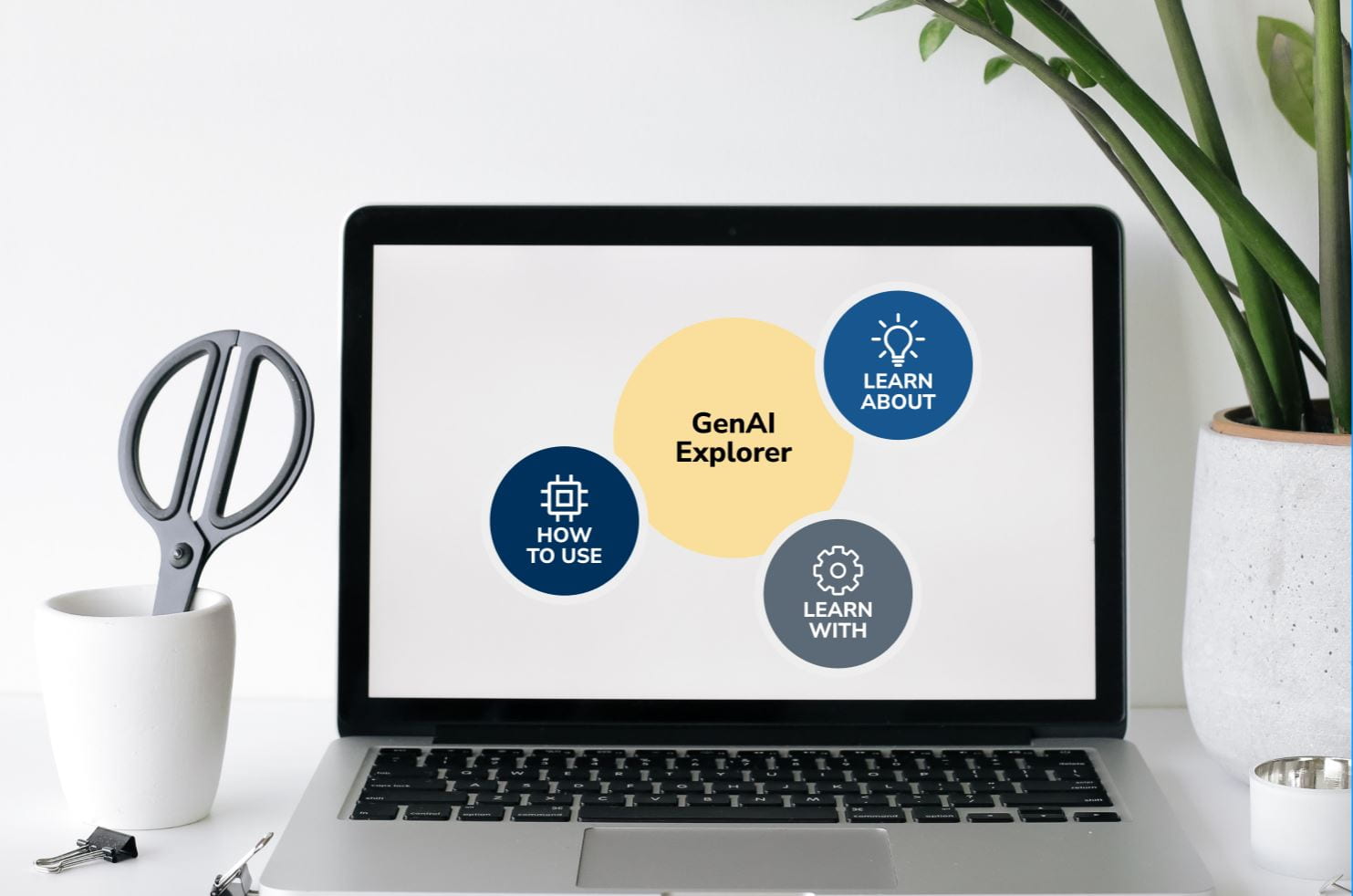Current Projects
Current Projects

Social Media Co-Pilot: Conversational Agents That Teach Teenagers Digital Literacy and Cybersafety In-Situ
This project addresses the urgent need for cyber safety education for teenagers. Specifically, this project creates conversational agents, “Social Media Co-Pilot,” for a social media simulation platform called Social Media TestDrive. These Co-Pilots will help teenagers understand cyberbullying situations, support victims in a considerate manner, and assist in composing positive messages to bullies. To achieve this, this project will create accessible tools for teachers to create custom chatbots for their educational needs by combining the fluency and adaptivity of pre-trained Large Language Models (LLMs) and the controllability of dialogue trees.

Make Medical Literature Accessible to All Using Large Language Models
This project helps lay people with varying levels of medical literacy to comprehend medical texts that they hope to read, for example, a patient reading discharge notes from their doctors, a caregiver reading a clinical trial report to understand better a sick family member’s prognostics, a biomedical engineer reading medical literature for their own engineering needs. To achieve this goal, this project creates a medical reading tool that interactively simplifies and elaborates the parts of texts that users struggle to understand. Using purpose-built Augmented Language Models, this tool can adapt the explanations to the user’s medical literacy and reading needs and support medical texts across disease areas.

GenAI Explorer: Preparing Students for the Future of Generative AI-Assisted Knowledge Work
Generative Artificial Intelligence (genAI) models such as chatGPT have started reshaping knowledge work, turbocharging many intellectual tasks while automating and eliminating others. How can we prepare students across disciplines for such a future? This project will develop the first Experiential Learning module that enables students across majors to examine and harness genAI capabilities for their respective disciplines. Essential to this module is GenAI Explorer, a new GPT-based software that enables students to experiment systematically with genAI capabilities without writing code. Teachers from different domains (e.g., journalism, law, writing) can adapt the software to their respective domains and teaching needs.

The Truman Platform with AI: Advancing the Community Research Infrastructure
This project aims to enhance the community research infrastructure for researchers to conduct social media experiments in ecologically realistic environments.
As a foundation for this work, we will build on the Truman platform, a complete, open-source social media simulation, which can be used as a testbed to explore different research questions. For example, how do social norms spread on social media through a behavioral contagion process? How to encourage people to be upstanders when encountering cyberbullying? How to mitigate the effects of misinformation prevalence in social media?
Researchers can leverage the Truman platform to create different social media environments with a repertoire of features and affordances that fit their research goals and purposes. The incorporation of the large language models for code generation will decrease the time, resources, and technical coding knowledge needed to set up each social media environment, streamlining the process for researchers and widening the platform’s user base to include researchers from a diverse range of backgrounds, such as those with less technical coding backgrounds.
